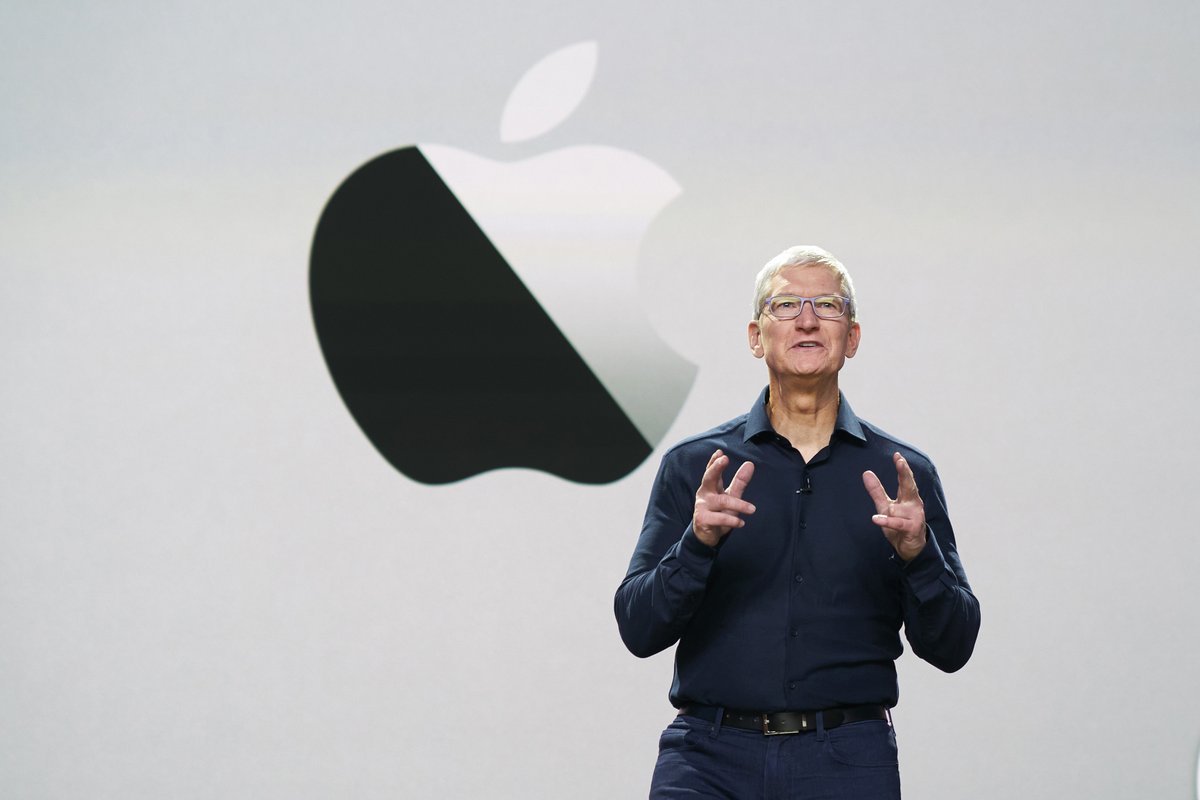Apple Posts Record Breaking Profit, But Warns Of Chip Shortage

Apple’s earnings juggernaut continues, as strong sales of iPhones continues to drive up profits, but chip shortage looms
Apple has posted another blowout quarter of financial results in the third quarter, driven by a 50 percent rise in iPhone sales.
Apple has reaped the benefits of people upgrading to its 5G iPhone 12, coupled with heavy consumer spending on its products throughout the Coronavirus pandemic.
The latest stellar financial results were helped by a 50 percent rise in iPhone sales to $39.57 billion in sales. In the second quarter Apple said that iPhone sales had risen 65.5 percent annually, and in its year-end figures, sales were up 17 percent to $65.6 billion.

Apple results
For the third quarter ending 26 June, Apple posted a net profit of $21.7bn, up from $11.2bn in the same year-ago quarter.
Revenue for the third quarter also rose 36 percent to $81.4bn from $59.7bn in the same year-ago quarter.
This was a record for the June quarter and nearly $8 billion above analyst expectations.
And it should be note that Apple’s third quarter is typically one of its slowest of the year, as users have previously waited on new product announcements in the Autumn.
“This quarter, our teams built on a period of unmatched innovation by sharing powerful new products with our users, at a time when using technology to connect people everywhere has never been more important,” said Tim Cook, Apple’s CEO.
“We’re continuing to press forward in our work to infuse everything we make with the values that define us – by inspiring a new generation of developers to learn to code, moving closer to our 2030 environment goal, and engaging in the urgent work of building a more equitable future,” said Cook.
Apple has been bolstered with the arrival of its 5G equipped iPhone 12 last year, along with a redesigned iMac and new iPad Pro, featuring Apple’s in-house M1 chip.
Chip shortage
But Apple has once again issued a warning about an issue that all players in multiple industries is facing, namely the shortage of chips and other components.
Cook warned silicon “supply constraints” will affect sales the iPhone as well as the iPad. He added that the shortages aren’t in the high-powered processors that Apple has manufactured for its devices, but in what’s called “legacy nodes,” or chips that do everyday functions like driving displays or decoding audio, and can be manufactured using older equipment.
“The majority of constraints we’re seeing are of the variety that I think others are seeing, that I would classify as industry shortage,” Cook was quoted by CNBC as saying on a call with analysts.
In the case of other component shortages, Cook attributed it to demand outstripping Apple’s own forecasts.
“We do have some shortages in addition to that, that are where the demand has been so great and so beyond our own expectation that it’s difficult to get the entire set of parts within the lead times that we try to get those,” he reportedly said.
This not the first time that Apple has warned about chip shortages.
In May Cook said he expected global chip shortage to constrain supply of the new iPad Pro and iMac.
But now Apple is warning that besides impacting its iPad and Mac, the shortage will now also impact Apple’s most important money making product – the iPhone.